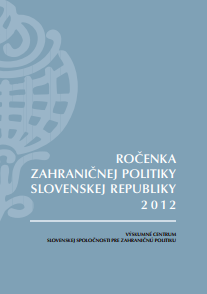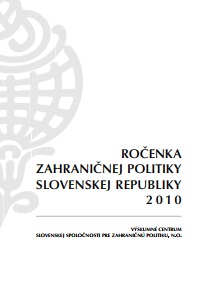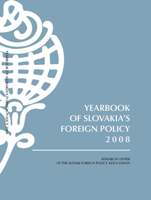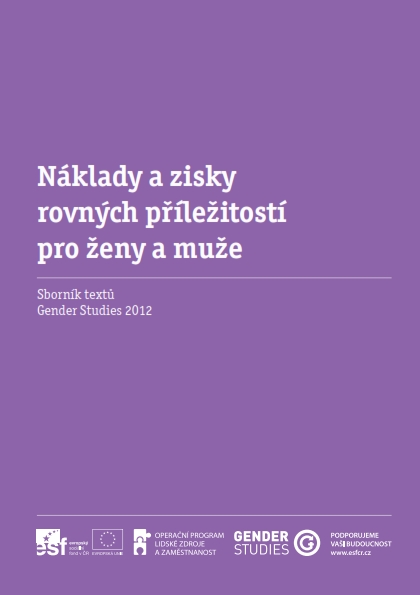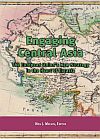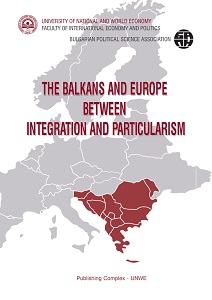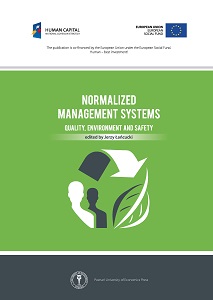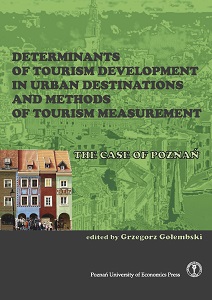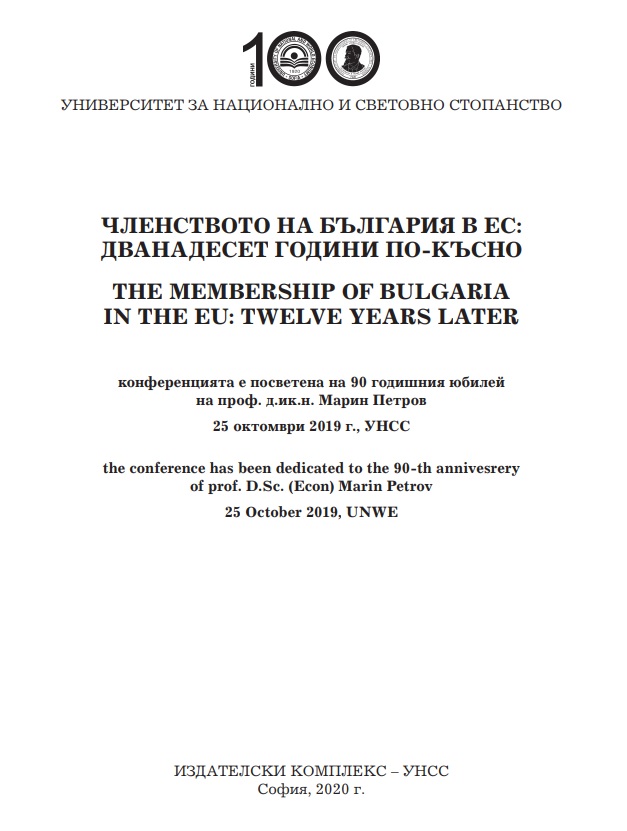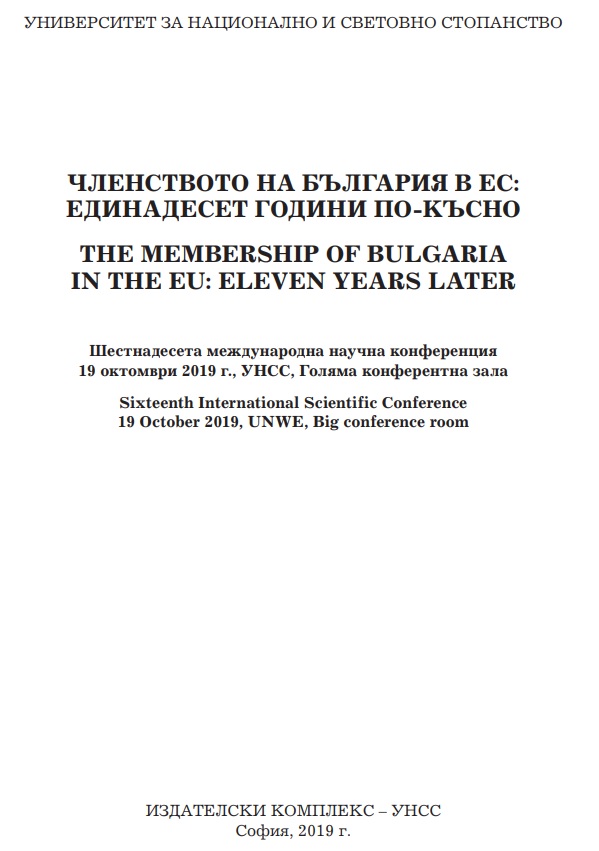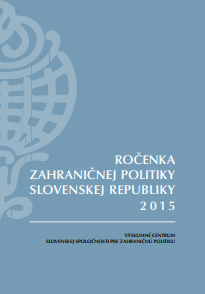
Slovensko v krízami poznačenej Európskej únii
Rok 2015 bol v Európskej únii poznačený krízami. Bolo ich hneď niekoľko naraz – menová, migračná, kríza solidarity, integračná kríza – a počas celého roka vytvárali nestabilné politické prostredie, v rámci ktorého členské štáty vrátane Slovenska museli pôsobiť. V tomto kontexte a pod tlakom okolností sa postoje členských štátov značne rôznili. V roku 2015 možno v prípade Slovenska hovoriť o zvýšenej asertivite krajiny v otázkach európskej politiky. V rámci takmer dvanásťročného pôsobenia ako členská krajina Slovensko nikdy nezohrávalo takú výraznú rolu vo formovaní opozície voči európskym iniciatívam. Išlo najmä o migračnú krízu, v rétorickej rovine to bola aj kritika reštriktívnych opatrení EÚ voči Rusku. Pri nemenej dôležitej situácii s hroziacim bankrotom Grécka a možnosťou jeho vystúpenia z eurozóny Slovensko zastávalo jedno z najstriktnejších stanovísk, tentoraz však v súlade s postojmi väčšiny členských štátov.
More...
